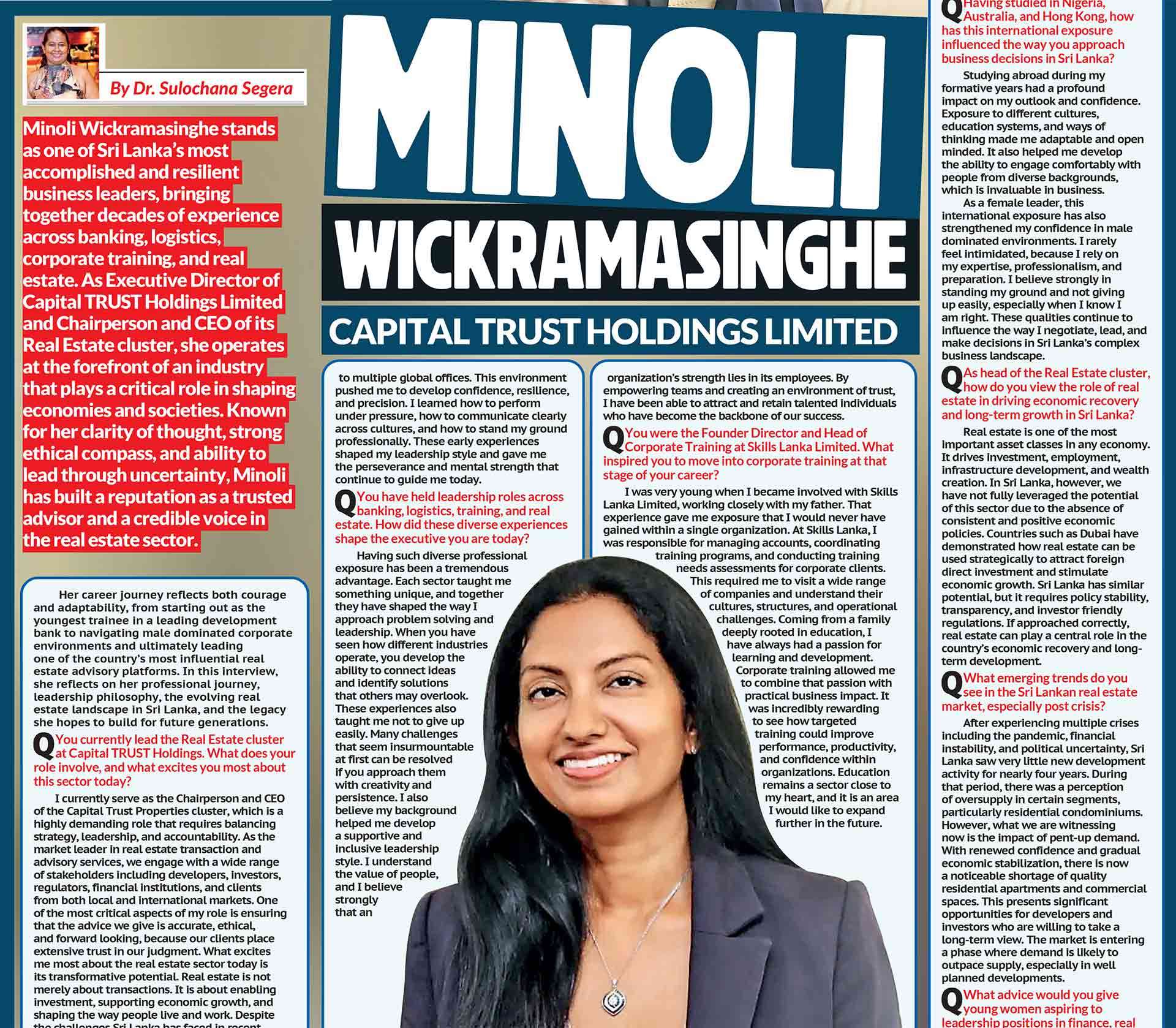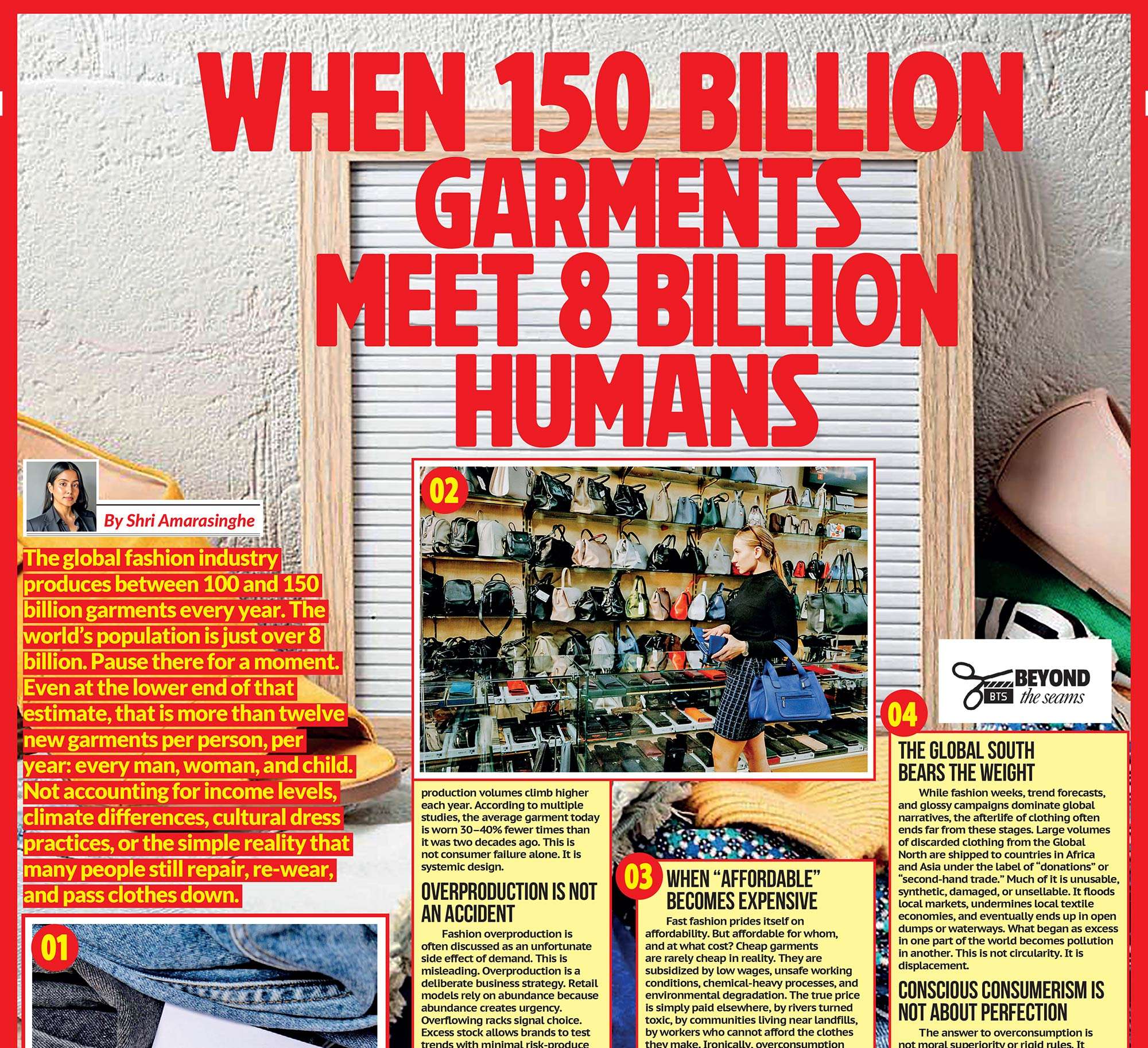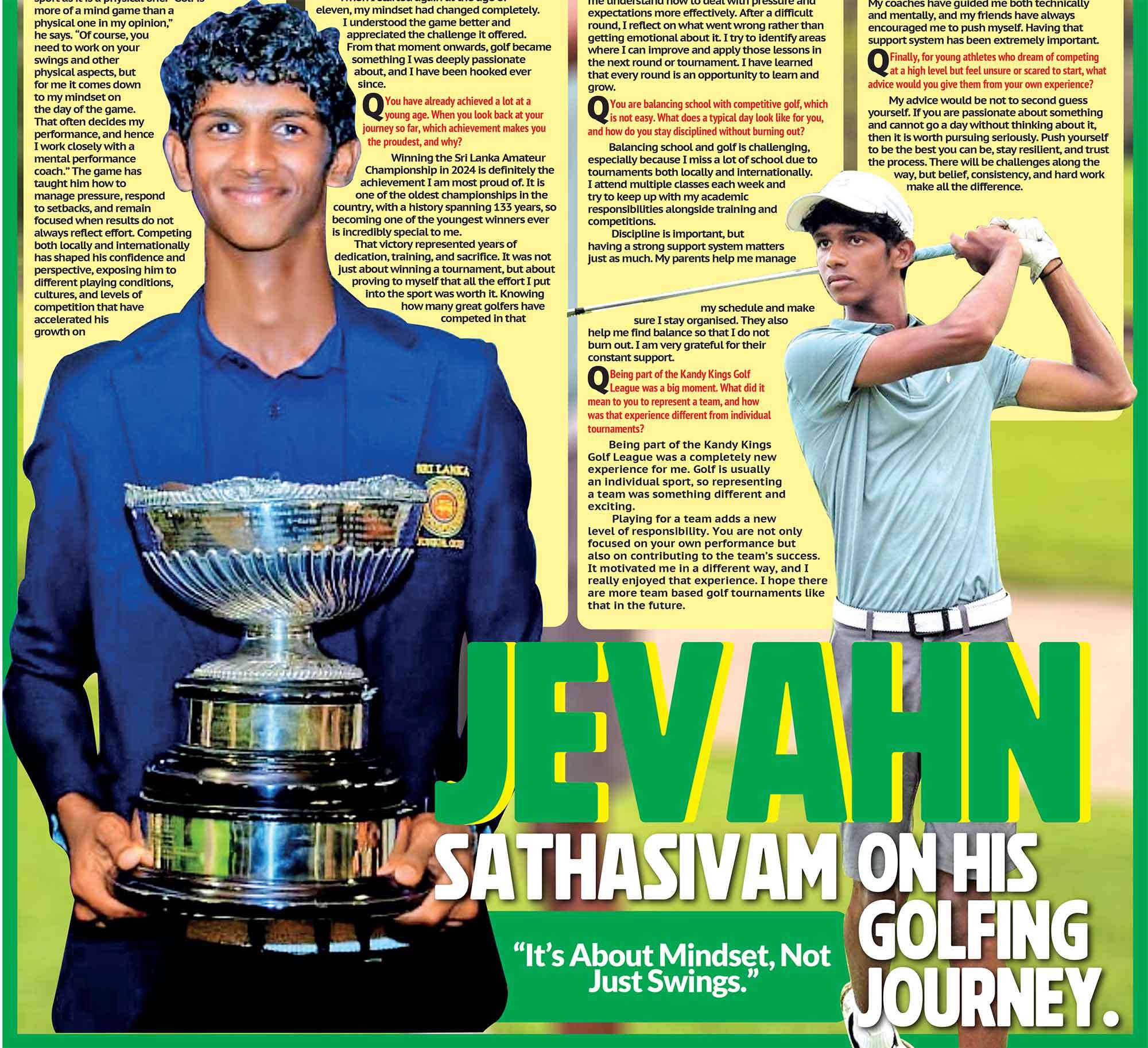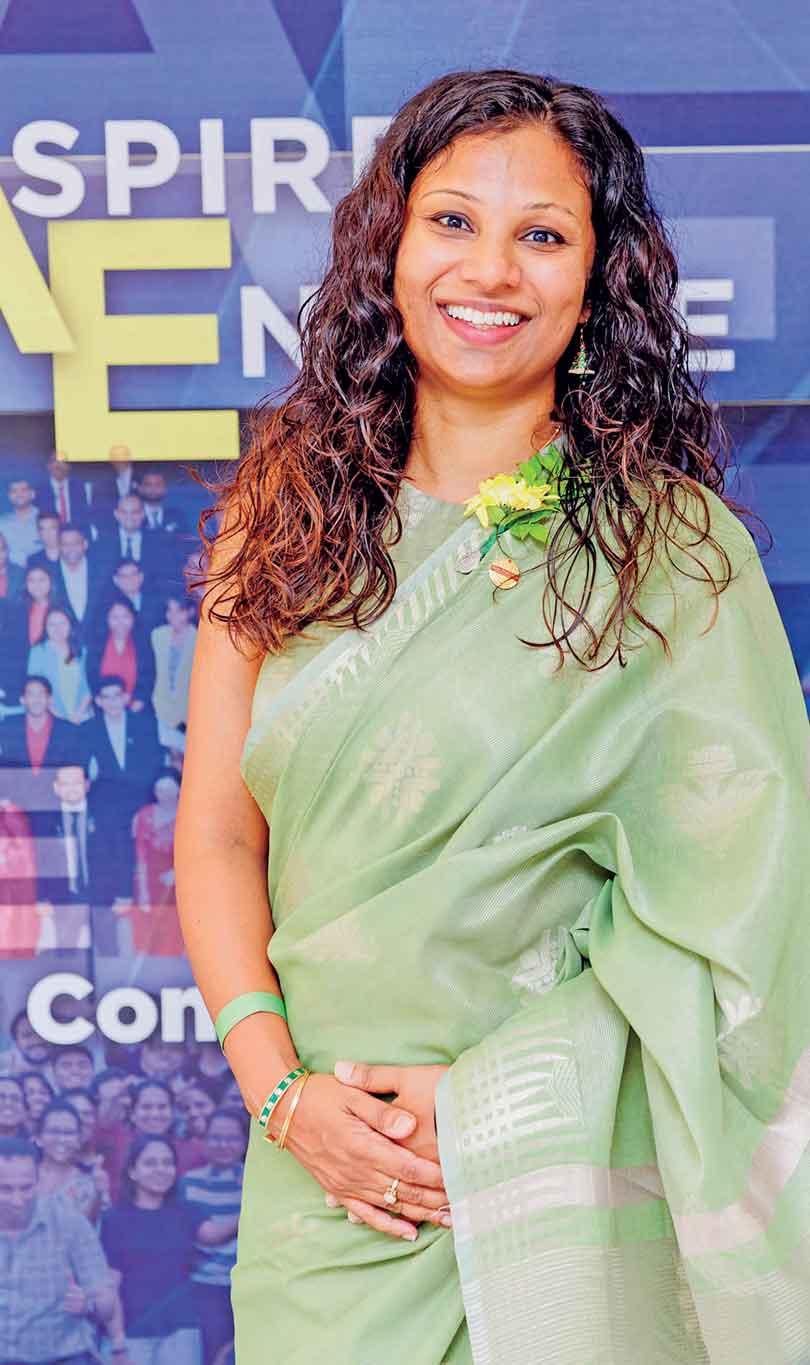
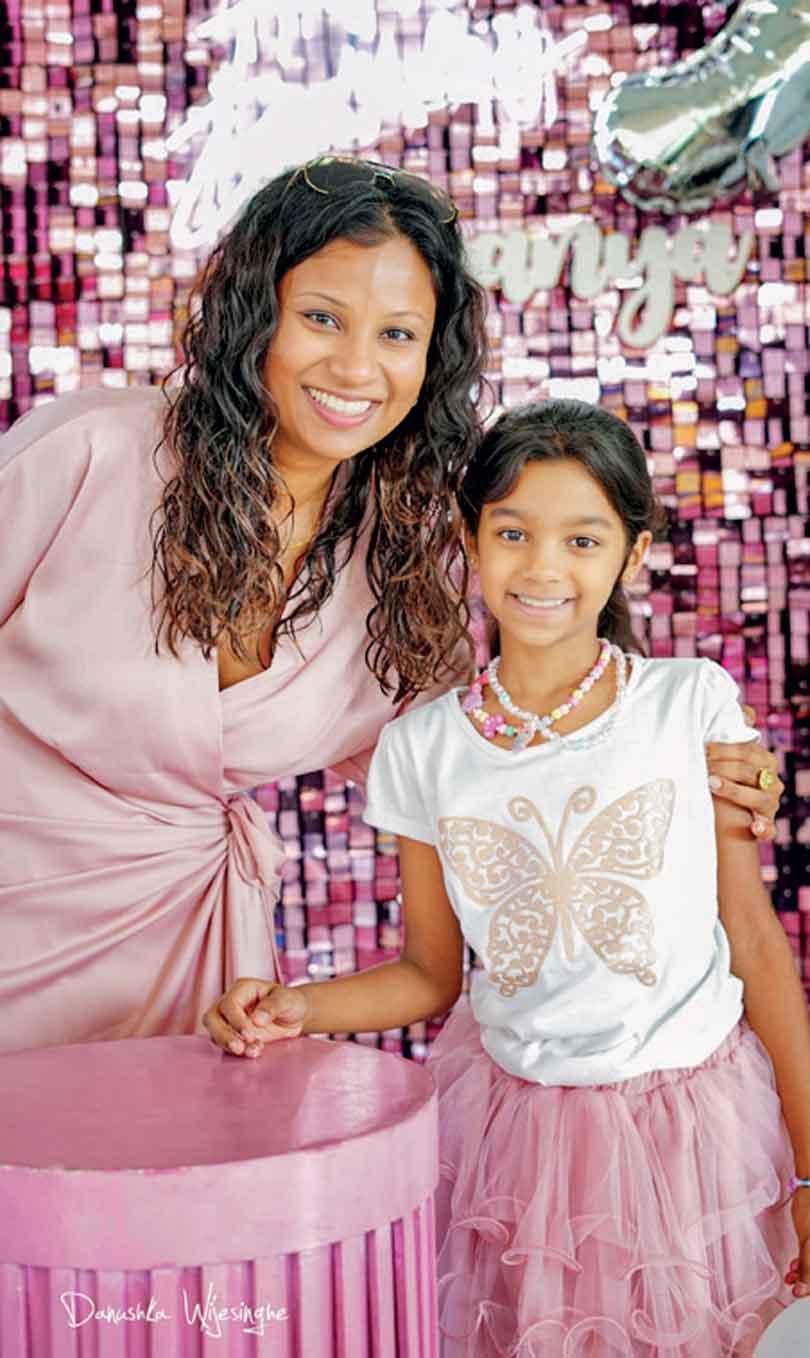
Change really is the only constant you’ll need to accept every day of your life. For me, that has meant being willing to learn, and unlearn, as situations evolve.
What I’ve learned is that creativity is essential to make legal structures work for evolving businesses.
 Gayathri Liyanage is not your typical corporate executive.
Gayathri Liyanage is not your typical corporate executive.
A multifaceted professional with expertise spanning law, business strategy, procurement, and education, she currently serves as Legal Operations Director at IFS. An Attorney-at-Law with postgraduate qualifications in Business Administration and Intellectual Property, Gayathri has also dedicated over a decade to lecturing in Contract and Public Law under the University of London’s External Programmes.
Beyond titles and qualifications, she is a change-maker committed to challenging norms, whether in the boardroom, classroom, or at home as a single mother. With a deep-rooted belief in the power of critical thinking over rote learning, Gayathri is passionate about reshaping systems to be more inclusive, dynamic, and future-ready. In this candid conversation, she opens up about her career journey, her views on education, motherhood, and what it really takes to thrive at the intersection of law, business, and life.
QYou describe yourself as someone who always changed the game, even as a child. How has that mindset influenced your legal and business career?
Change really is the only constant you’ll need to accept every day of your life. For me, that has meant being willing to learn, and unlearn, as situations evolve. I started out like many others, as a legal intern. But I was never satisfied just doing the job, I wanted to understand everything so I could provide real solutions. That mindset helped me move from law into compliance and eventually into legal operations. I’ve always believed that we can’t solve new problems with old methods, and sometimes, the only way forward is to challenge the rules themselves.
QHow do you balance the legal rigor of your profession with the creativity needed to create “phenomenal experiences through change”?
Legal rigor is about structure and consistency, which is important, but it can’t be rigid, especially in fast-paced industries like tech. What I’ve learned is that creativity is essential to make legal structures work for evolving businesses. When introducing change in the corporate world, I treat everyone as a customer. If you want them to embrace change, it has to be accessible, relevant, and show clear value. Once they see the benefit, they often become advocates for that change themselves.
QYou’ve worked across legal operations, HR strategy, procurement, and supply chain management. How do you adapt so seamlessly across functions?
It really comes down to understanding the core frameworks. Every function, whether it’s HR, procurement, or legal, operates within certain boundaries and expectations. In one of my previous roles, I had to streamline R&D prototype deliveries where speed mattered more than cost.
I had to align procurement with customs regulations and vendor contracts while respecting time-critical workflows. It was about knowing the boundaries and then building processes within them to achieve outcomes. Once you understand the core, you can adapt across functions.
QAs someone who teaches law, how do you instil critical thinking rather than rote learning in your students?
Critical thinking is something I believe every human being needs, yet many education systems crush it early on. I always tell my students: weigh the pros and cons of any situation against the legal principles you’re learning. I do the same at home with my daughter, asking her what she did well and what she could do better. In software development, we have retrospective meetings to reflect on performance. I’ve started applying that same model to legal team meetings, it helps people think analytically, identify patterns, and grow from experience.
QWhat do you think is the most misunderstood aspect of Intellectual Property Law in the corporate world?
People often assume IP law protects everything. It doesn’t. What actually ensures protection is having the right infrastructure and administrative processes in place. The law provides the framework, but without proper implementation, it’s just theory. You need governance structures, documentation, and internal checks to make IP protections effective.
QAs a mother, how do you view the current education system and society in preparing children for the future?
Honestly, I’m not a fan of the local system. I don’t think it prepares kids for the future at all. It focuses too much on memorization and not enough on problem-solving or real-world thinking. With AI and automation changing the job market, what kids need are soft skills, communication, leadership, emotional intelligence, critical thinking. These are the skills that can’t be easily automated, and they’re exactly what our education systems should be focusing on.
QHow important is support from a husband or extended family in helping a woman grow in her career? How has it shaped your own journey?
I’d rephrase that, how important is a support network for a woman to grow? It’s absolutely critical. I’ve been a single mom for the last eight years, and my sisters, my family, and my close friends have been my pillars. There were days when my daughter was sick, and I had work or exams. Or when I was sick but still had deadlines. Without that support system, I couldn’t have balanced it all. I truly believe the quality of your life mirrors the quality of your relationships.
QWhat advice would you give to young legal professionals who want to work at the intersection of law, business, and strategy?
Keep an open mind! The next decade is going to look nothing like the last. AI is already taking over repetitive tasks, so focus on building your analytical thinking and soft skills, like leadership and public speaking.
And never underestimate common sense, it’s surprisingly rare and immensely valuable. Be curious, ask questions, and don’t box yourself into one narrow field. The magic happens at the intersections.
QHow do you personally define success—has that definition evolved over time?
Absolutely, it’s changed. In my 20s, success meant earning more, climbing faster, and having more control. Today, success is peace, passion, and purpose. It’s about waking up excited on a Saturday morning and not dreading a Sunday evening. It’s about how fulfilled I feel with the life I’m living. The external metrics matter less to me now, what counts is whether I’m growing and whether what I do aligns with who I am.
QIf you had to pick a moment in your career that best defines who you are today, what would it be?
It was at my very first law firm job. There was this software application licensing contract, something no one wanted to touch because it was so unfamiliar. This was over 13 years ago, and even the idea of software contracts was new to most. I took it on, researched it from scratch, and ended up becoming the go-to person for that niche. That moment, where I embraced something unknown and mastered it, set the tone for everything that followed. It was my first real taste of what it meant to grow through challenge.
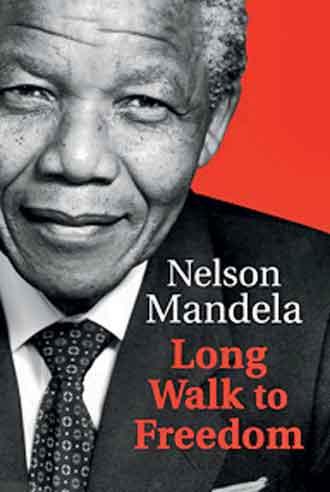 Lawyer or lecturer: which gives you more adrenaline? Lecturer
Lawyer or lecturer: which gives you more adrenaline? Lecturer
A book that changed your perspective? Long Walk to Freedom by Nelson Mandela
Most powerful legal principle in one line? Justice delayed is justice denied
Best icebreaker in a negotiation? “Thank you for coming, can I get you some coffee?”
Rule-breaker or rule-maker? Rule-maker
Lecture hall or boardroom? Lecture hall
One superpower you wish you had? To read people’s minds
Intellectual Property: protect or share? Protect to preserve; share to educate.
Coffee, contracts, or creativity: what powers your day? Creativity
If your life were a legal drama, what would it be called? Suits


